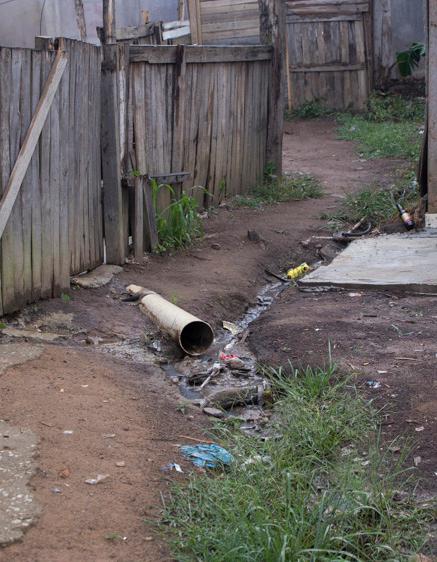
1 minute read
Sources
de Bustillos, L. A. Technological Transference of Sustainable Housing Construction in Urban Informal Settlements.
City of São Paulo (2014), City of São Paulo Strategic Master Plan.
De Souza, F. A. (1998). Land tenure security and housing improvements in Recife, Brazil. Habitat International, 23(1), 19-33.
Fernandes, E. (2011). Regularization of informal settlements in Latin America. Cambdridge, MA: Lincoln Institute of Land Policy.
Lara, F. L. (2013). Favela upgrade in Brazil: a reverse of participatory processes. Journal of Urban Design, 18(4), 553e564.
Lonardarini, F., Claudio, A., & French, M. (2013). Scaling-Up Affordable Housing Supply in Brazil the “My House My Life” Programme. United Nations Human Settlements Programme (UN-Habitat).
Macedo, J. (2008). Urban land policy and new land tenure paradigms: Legitimacy vs. legality in Brazilian cities. Land Use Policy, 25(2), 259-270.
Macedo, J. (2008). Urban land policy and new land tenure paradigms: Legitimacy vs. legality in Brazilian cities. Land Use Policy, 25(2), 259-270.
Magalhães, F. (2012). Slum upgrading: lessons learned from Brazil. IDB Publications (Books).
Mumford, L. (1937). What is a City? (pp. 92-96). na.
Osorio, L. M. (2007). Positive policies and legal responses to enhance security of tenure in Brazil. Piedade Morais (2005). The Housing Conditions in Brazilian Urban Areas During the 1990s.
Piedade Morais & Oliveira Cruz (2009). Housing Demand, Tenure Choice, and Housing Policy in Brazil.
Walker, A. P. P. (2016). Self-help or public housing? Lessons from co-managed slum upgrading via participatory budget. Habitat International, 55, 58-66.
06
SEWAGE FREE ANCHIETA
Sewage Free Anchieta addresses the lack of basic sewage infrastructure in Ocupação Anchieta. While a variety of infrastructural improvements are needed, infrastructure related to sanitation is amongst the least developed. Currently, Ocupação Anchieta residents deploy a range of methods for handling effluent wastewater from direct release into the natural environment to illegal municipal connections. Moreover, addressing the lack of sanitation is a priority because of the public health and environmental implications. Therefore, the Sewage Free Anchieta chapter aims to promote the organizational capacity of Ocupação Anchieta residents to develop a decentralized, communal sewage system while concurrently visioning a more sustainable Ocupação Anchieta.






